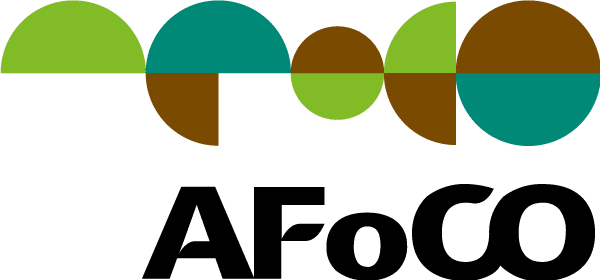| DATE | 31 May – 4 June 2021 |
| VENUE | Virtual |
| ORGANIZERS | AFoCO RETC |
| NO. OF TRAINEES (COUNTRIES) | 50 trainees (11 countries) |
Despite the significant area that forests cover — approximately 4 billion hectares globally and 740 million hectares in the Asia-Pacific region — they are the last unexplored land to provide substantive incomes. Yet, with the belief that community forestry can be an asset for making people’s livelihoods more secure, developing community-based forest enterprises (CBFE) is recognized to help the local communities generate income and improve their social welfare through making community forestry products and services marketable and commercialized. Still, certain challenges in scaling up community forestry to make it economically viable and sustainable remain. Building up an entrepreneurial mindset at the local and community level is also another barrier.
In order to provide a platform to build up local communities’ capacities to address the difficulties, AFoCO RETC and The Center for People and Forests (RECOFTC) jointly organized the ‘Training of Trainers for Community-based Forest Enterprises’ inviting member countries in 2019. By studying good practices cases in the Asian region, trainees mobilized collective efforts to accumulate the regional data and information, by which they developed a module introducing practical methodologies and concepts to investigate enterprises in the forests and forestry sectors. Utilizing the module, the 2021 Community-based Forest Enterprises Development (CBFED) training course invited local entrepreneurs, project managers, governmental officials, and financial enablers to share experiences and explore practical CBFED implementations on the ground.
The course aimed to:
- provide in-depth knowledge of the policies and practical strategies for planning and encouraging CBFED in the forestry sector;
- explore risks and enabling conditions for sustainable CBFED initiatives; and
- learn the practical and sustainable solutions by sharing practical cases and experiences of the Asian region
To achieve the objectives aforementioned, eight (8) sessions were provided by the trainers and various experts from international organizations, universities, research institutes, and government agencies. In addition, four (4) CBFED practices by various fields (e.g., biodiversity, group certification, carbon, local entrepreneurship, carbon, etc.) were introduced covering the current trends and cross-cutting practices reflecting general concepts and methodologies.
At the end of the training, participants were able to apply the Sustainable Livelihoods Approach (SLA) framework to identify community assets and conditions that help develop these assets for CBFED; use the value chain tool to assess potential forest products and services and identify interventions along the value chain for sustainable CBFED; explore risks and enabling conditions for sustainable CBFED initiatives in the CF context; and, develop an action plan to be acknowledged in future AFoCO projects and strategies.

